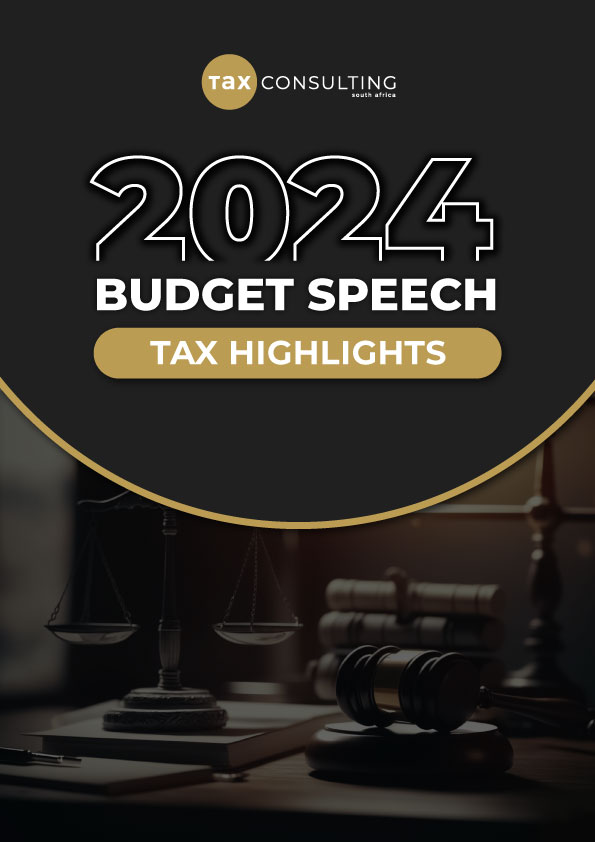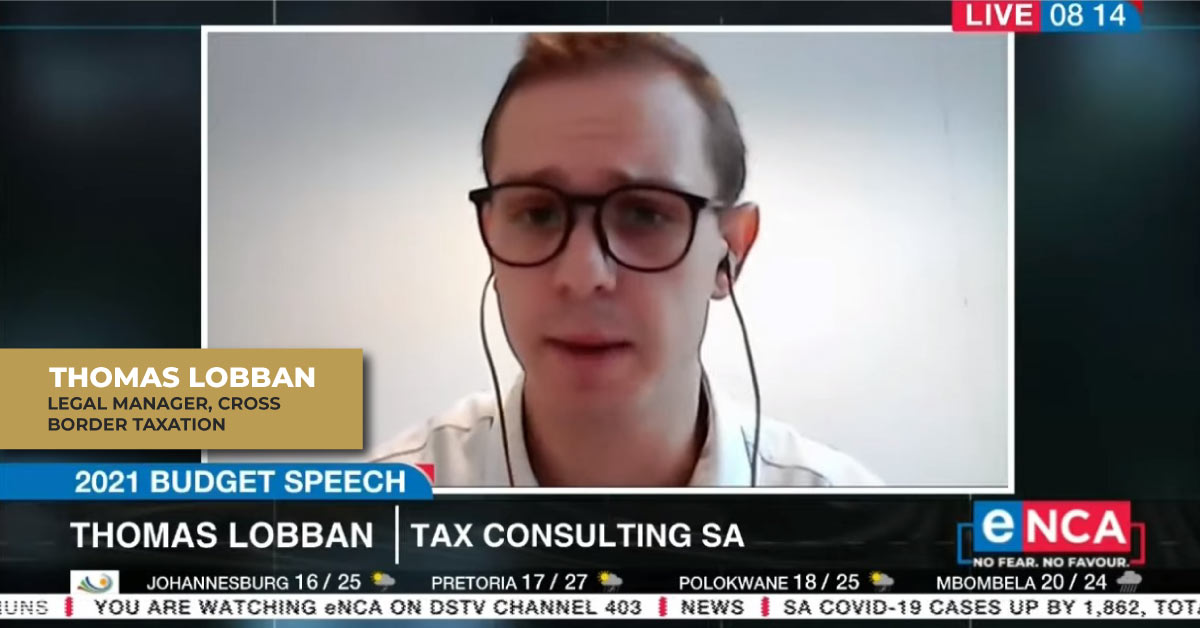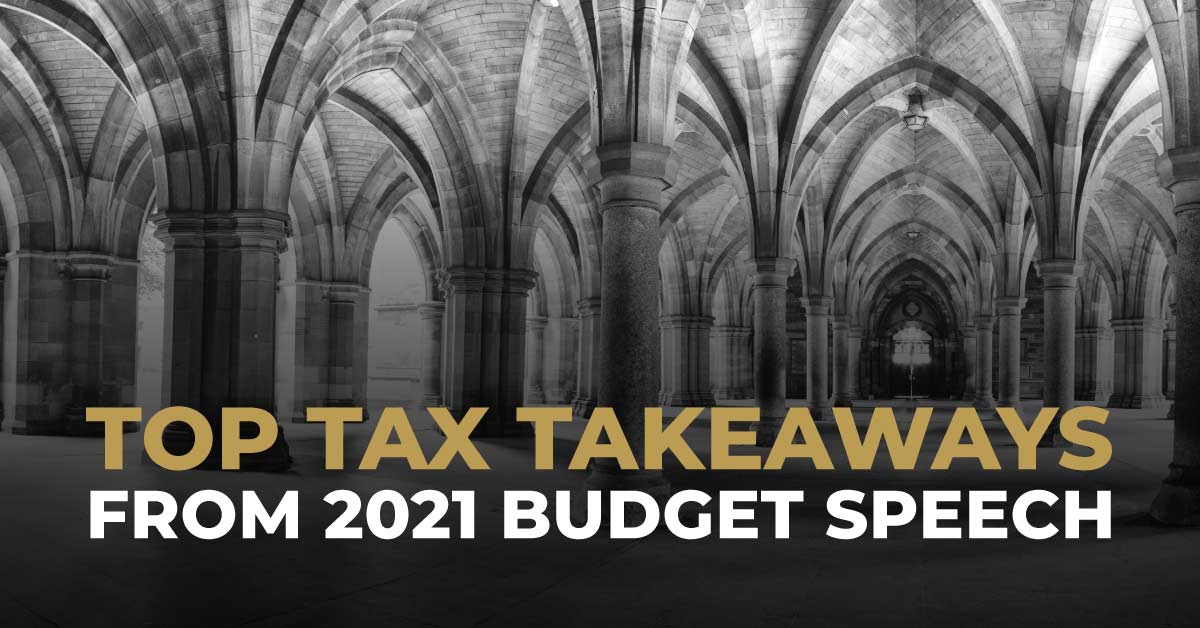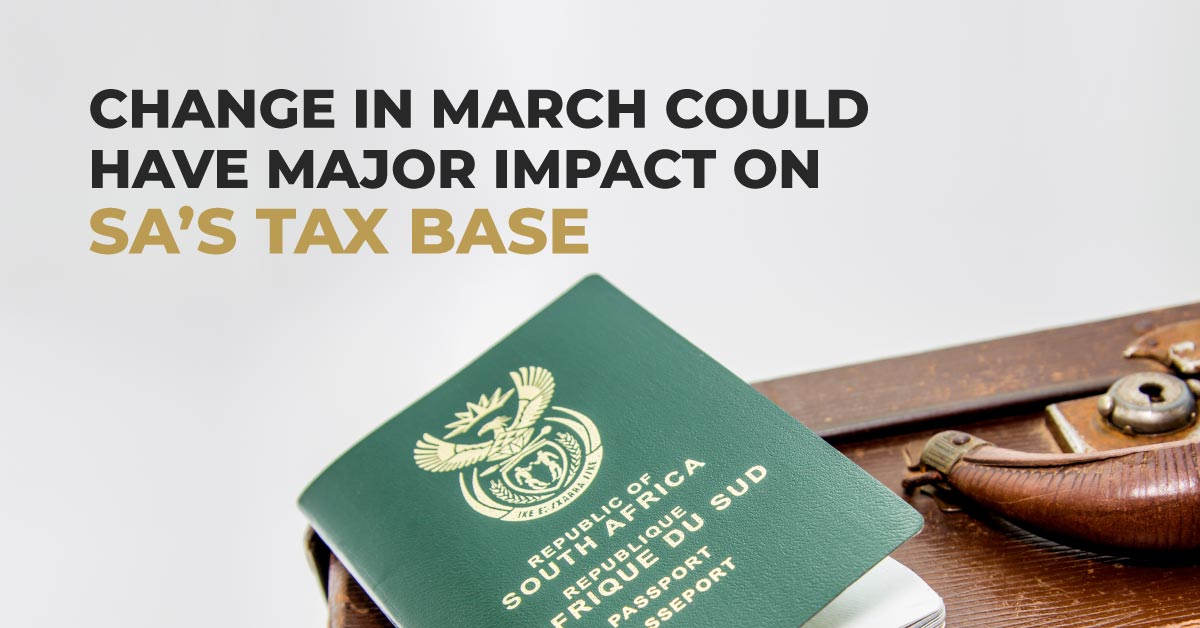GENERAL COMMENTARY ON THE BUDGET SPEECH 2024
Finance Minister, Enoch Godongwana, presented a ‘limp’ budget today in respect of the forthcoming 2024/25 tax year, seeking to maintain government expenditure, notwithstanding revenue collection shortfalls. Amidst a decline in the mining tax revenue windfalls experienced over the last two years, the Minister has sought to collect the default from the already strained individual taxpayer, as well as dipping into the Gold and Foreign Exchange Contingency Reserve Account (“GFECRA”).
Veering from past trends, the Minister did not announce the customary inflationary adjustments to personal income tax tables nor to medical tax credits. The result is a tax base with less buying power, but the same tax bill. Fortunately, there is no increase to fuel levies, value-added tax, and income taxes.
In the absence of healthy revenue figures, government intends to allocate R150 billion from the GFECRA, towards foreign debt service costs, which has some economists and opposition members questioning whether government is not merely borrowing from the future to pay the now. Irrespective, the disconcerting truth of this budget is that there are no new sustainable streams of revenue collection identifiable for the immediate tax years ahead.
In previous budget speeches, government had indicated a tax focus on expatriates working abroad and the wealthy who maintained ties to South Africa. For several years, expatriates have faced the brunt of law changes aimed at limiting existing tax exemptions and which have driven thousands of taxpayers to formally cut ties with South Africa. It is perhaps then no surprise that the government sought fit not to introduce further policies of this nature in this budget.
Wealthy South Africans have also been spared by government in this budget, despite previous indications that a possible wealth tax was being explored. More recently, SARS established the High Wealth Individuals unit and introduced a change to the income tax return affecting taxpayers with asset holdings in excess of R50 million, which also gave credence to the view that wealthy taxpayers were being eyed for additional revenue collection.
The tax strategy described in the budget review is consistent with the message expressed by the SARS Commissioner throughout his tenure, namely that government’s focus is on broadening the tax base, improving tax compliance and making the tax administrative system more efficient. Tax policies for the upcoming tax years include a 150% deduction for investments by producers into production capacity for electric and hydrogen-powered vehicles, effective 1 March 2026. This incentive follows the prior year’s introduction of a 125% tax deduction for corporates who invest in renewables, thereby demonstrating that government remains eager to grow different avenues in the renewables sector.
On the expenditure side of the equation, certain areas of concern to be noted are the projected expenditure on the social wage, which has increased by 9% to exceed 60% of the consolidated government non-interest spend over three years. In real monetary terms, this equates to more than R387 billion, with no indication of slowing down, in keeping with the Minister’s approach of ‘don’t upset the apple cart’. The larger concern remains government’s debt service costs, increased to R382 billion and exceeding 20% of the tax revenue.
In the Minister’s speech, he made sure to announce that government had allocated R1.4 billion towards the National Health Insurance (“NHI”) scheme. This grant demonstrates the government’s commitment to laying the foundation for the eventual large-scale roll out of the NHI, following the adequate development of national health facilities and infrastructure. In contrast, the fight against corruption, which was a headliner item in last year’s budget, barely featured in this budget.
Almost a full year after South Africa’s grey listing by the Financial Action Task Force (“FATF”), National Treasury was pleased to report some progress on the implementation of its 22-item action plan. Without delving too deeply into the finer details, the silver lining is that 2 of these action items had been addressed as of October 2023. Government further expressed the importance of complying with the FATF’s action plan to lift the grey listed status and unlock increased foreign direct investment over the coming years.
Finally, other noteworthy amendments include marginal increases to the so-called “sin taxes” up to a maximum of 7.2% for alcohol products and 8.2% for tobacco products.

